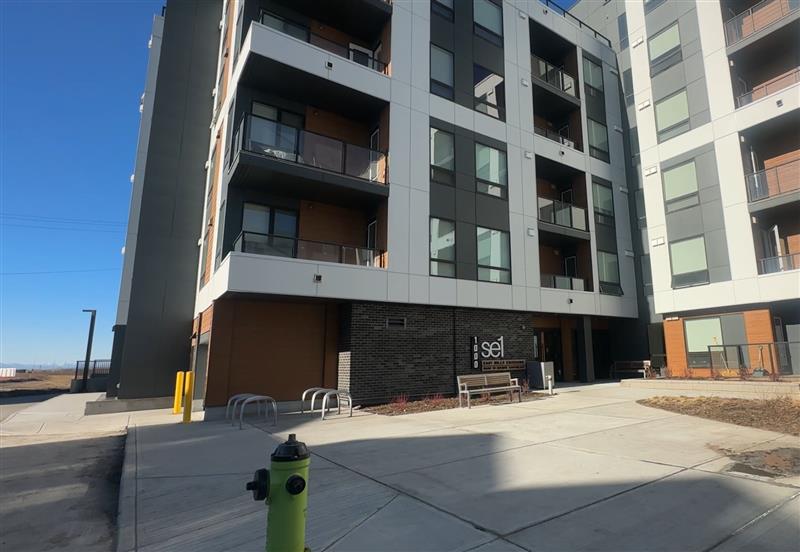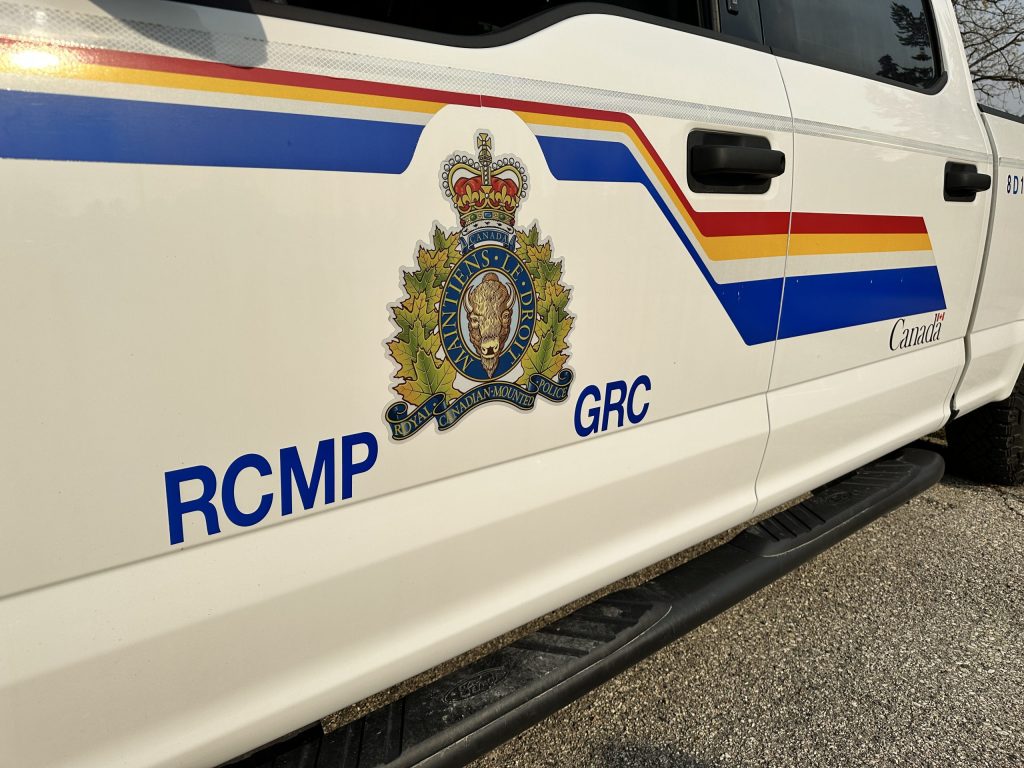What can you do to help Indigenous people achieve truth and reconciliation?
Posted Jun 25, 2021 7:07 am.
Last Updated Jun 25, 2021 7:33 am.
CALGARY – The Cowessess First Nations say they need time to heal after the discovery of 751 unmarked Indigenous graves buried at a former residential school site in Saskatchewan.
The importance of non-Indigenous people supporting local Indigenous communities has never been greater, and many are wondering what they can do to help.
Indigenous lawyer and activist Pam Palmater spoke with our affiliate, OMNI News, and she says the time for action is now, as names are traced back to the unmarked graves.
“Sign petitions, make financial donations to charitable organizations that are working really hard for justice,” Palmater said.
RELATED:
- 751 unmarked graves found at former residential school in Saskatchewan
- ‘My heart sank’: Indigenous activist on discovery of 751 unmarked graves in Saskatchewan
- Advocates say in-person support crucial for residential school survivors
“There are so many things that people can do, they just have to be intentional about doing them.”
Palmater also says it’s up to you to educate yourself about residential schools, and the complicity of the Catholic Church in removing the gravestones from the burial site.
“Don’t rely on hoping that these issues are covered in the media,” Palmater said.
“Make the intention to go and find out–read the reports.”
RELATED:
- Residential school graves like Kamloops, Cowessess expected to be found in Alberta
- Mississauga pastor under fire for saying there was ‘good done’ in residential schools
- ‘They made us believe we didn’t have souls:’ Marieval residential school survivor
She also says when Indigenous groups ask people to contact their local politicians about an issue, simply doing that is a great help.
“It takes five minutes to send an email, it takes five minutes to type out a letter,” Palmater said.
“These are things that can be done, that have a significant impact.”
–with files from OMNI News and Saif Kaisar








